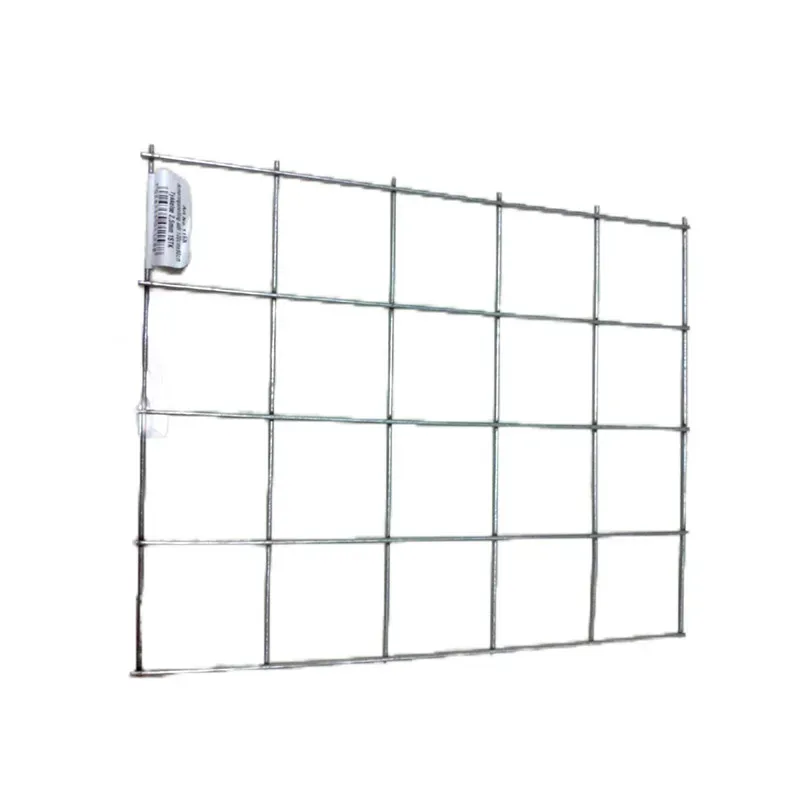Dec . 28, 2024 15:13 Back to list
field fencing for horses
Field Fencing for Horses Essential Considerations
When it comes to maintaining a safe and healthy environment for horses, proper field fencing is paramount. Horses are large, strong animals that require secure enclosures to prevent them from escaping and to protect them from potential dangers. The right type of fencing can help ensure the safety of your horses, and it is essential to consider several factors when selecting and installing fencing for horse pastures.
Types of Fencing
There are various types of fencing materials available, each with its pros and cons. Some of the most common types of fencing for horses include
1. Wood Fencing This traditional option is popular due to its aesthetic appeal and durability. Wooden boards, typically arranged in a post-and-rail configuration, can provide excellent visibility and security. However, wooden fencing requires regular maintenance, such as staining and repairs, to prevent rotting and deterioration.
2. Electric Fencing Electric fencing is a highly effective option for containing horses. It can either be used alone or in conjunction with other types of fencing. Electric fences deliver a mild shock, deterring horses from attempting to escape. However, it is essential to properly install and maintain electric fences to ensure they work effectively.
3. Vinyl Fencing Vinyl fencing is a low-maintenance, durable option that resists weathering and won’t splinter like wood. It is available in various styles and colors, making it a popular choice among horse owners. However, vinyl can be more expensive than other options and may not have the same strength as wood.
4. Wire Fencing Various wire fencing options exist, including barbed wire and high-tensile wire. While these can be effective in keeping horses contained, they need to be used cautiously, as they can pose injury risks. Barbed wire is generally not recommended for horses due to the potential for cuts and other injuries.
Considerations for Installation
field fencing for horses

When installing field fencing, several factors should be taken into account
1. Height Fencing should be tall enough to prevent jumps. A minimum height of 4.5 to 5 feet is often recommended for most horse breeds.
2. Visibility Horses can be skittish animals, so using fencing materials that are visible to them can help prevent accidents. High-contrast colors and patterns are beneficial for visibility.
3. Maintenance Choose a fencing material that aligns with your willingness and ability to maintain it. Wood requires more upkeep than vinyl, while electric fencing requires regular checks to ensure it remains functional.
4. Environmental Considerations The terrain of your property can impact your fencing choice. For example, areas with dense vegetation or uneven ground may require more robust materials to withstand wear and tear.
5. Gate Placement Strategically placing gates for easy access while minimizing disturbances in the pasture can enhance the overall management of your horses.
Conclusion
Proper field fencing is crucial for the safety and well-being of horses. By selecting the right materials and considering important installation factors, horse owners can create secure and functional enclosures that cater to their animals’ needs. Whether opting for traditional wood, functional electric fencing, durable vinyl, or practical wire options, ensuring that your fencing is both effective and safe will contribute to a healthy environment for your horses to thrive. Ultimately, investing time and resources into quality fencing is an investment in the health and happiness of your equine friends.
-
The Role of Field Wire Fence in Grassland Conservation
NewsJul.15,2025
-
Stainless Steel Razor Wire Durability in Coastal Environments
NewsJul.15,2025
-
Enhancing Home Security with Mesh Fences
NewsJul.15,2025
-
Diamond Mesh Wire for Small Animal Enclosures
NewsJul.15,2025
-
Common Wire Nail Tensile Strength Testing for Woodworking
NewsJul.15,2025
-
Barbed Wire Corrosion Resistance Galvanization Techniques
NewsJul.15,2025









